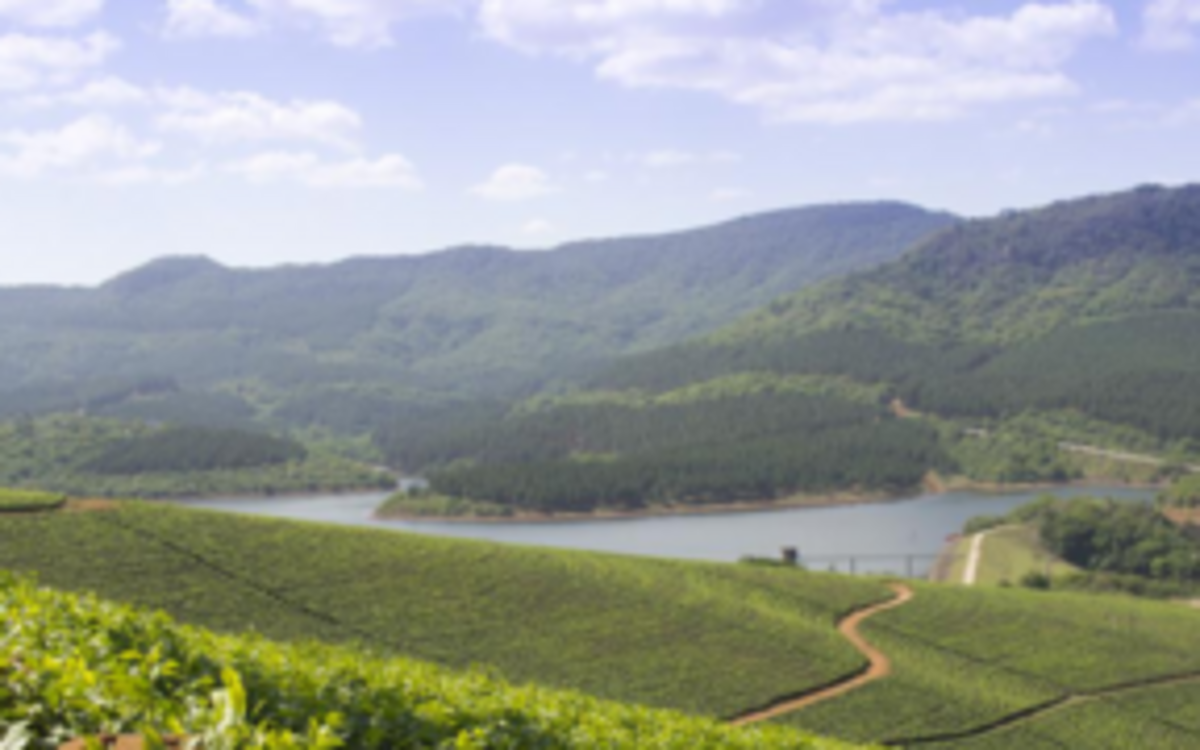Energy from agricultural organic waste in Africa - a Water-Energy-Food-Ecosystems approach

The workshop addressed a wide range of issues related to the production of sustainable energy from agricultural organic waste in Africa, including the current status, opportunities and likely impact of different technological options on water availability, agriculture, waste management, and the environment, and gave examples of current usage.
Currently, hydropower is the main source of renewable energy in Africa, while decentralised power generation based on solar and wind energy attracts increasing attention due to its lower-than-ever costs. Modern bioenergy solutions are also on the rise in Africa, generated mostly from sugar cane residue (bagasse) and biogas. Small-scale bioenergy projects, particularly for biogas, are becoming an increasingly viable option for rural communities and utilities alike.
The burning of fuelwood, which is the main source of fuel in 90% of households in West Africa, has detrimental effects on the environment in terms of deforestation and impacts on ecosystems and the water cycle, which increase the risk of floods, droughts, desertification, soil erosion and health (due to indoor air pollution).
Africa has a lot of untapped biomass energy resources in the form of agricultural residues (such as straw and manure). Projects in Benin show how electricity can be produced from post-harvest stems and pineapple residues. Cashew nut waste can be converted into briquettes that can be used as a renewable fuel to replace coal and wood burning. The use of invasive aquatic plants along the Senegal River as charcoal for electricity generation has the multiple benefits of helping to contain its spread while generating energy and jobs.
Agricultural waste can also be converted into char, a carbon-rich material that can substitute coal for cooking (thereby helping to mitigate deforestation) and can be used for water treatment, as a fertiliser, to improve soil structure and stability, and help sequester carbon.
Many African countries have already installed small-scale household biogas plants, which are mostly small biodigesters that provide clean energy (biogas) and high-quality organic fertiliser (compost). However, these only avail of a small fraction of the biogas potential in Africa. Biogas systems fueled by biowaste could be applied in Africa at scales ranging from household systems for cooking to large-scale systems for combined heat and power generation. The main challenge is the collection and management of the biowaste.
A demonstration plant in Senegal shows that animal (manure, slurry, etc.) and human waste can be used to produce biogas, and could potentially provide a sustainable alternative source of clean energy in rural areas. Each m3 of biogas is estimated to replace the equivalent of 5 kg of wood or 3 kg of coal. The Biogas Programme in Senegal aims to install over 60 000 biodigesters by 2030. This would reduce the use of wood and coal by 30%, preserving more than 15 000 ha of forests. If biodigesters were installed in Senegal's 450 000 households, more than 100 000 ha of forests could be preserved every year.
One of the main constraints to using biomass to develop sustainable bioenergy is that there is no biomass value chain that would ensure constant supply of biomass to fuel energy production. Better knowledge is needed on the availability of raw materials (organic waste resources) and the technologies available.
* The Water-Energy-Food-Ecosystems (WEFE) nexus is a term that reflects the fact that the water, food (agriculture) and energy sectors are inextricably linked, and that actions in one area commonly have impacts on the others, as well as on ecosystems. It is also the name of a JRC project that aims to provide cross-sectoral support to EU policymaking.
Links:
Event Information
Date: 10.07.2018 - 11:22 AM